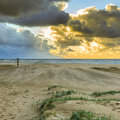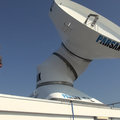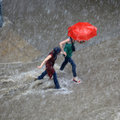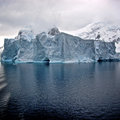News
Press kits
TU Delft has prepared press kits (often in Dutch) on vaious climate-related topics.
• Critical Raw Materials
• Biodiversity
• Green AI
• Flying Shame No More
• Operation Green Care
• Liveable Deltas
• Sea level Rise
• Extreme Weather
• Heat in the City











